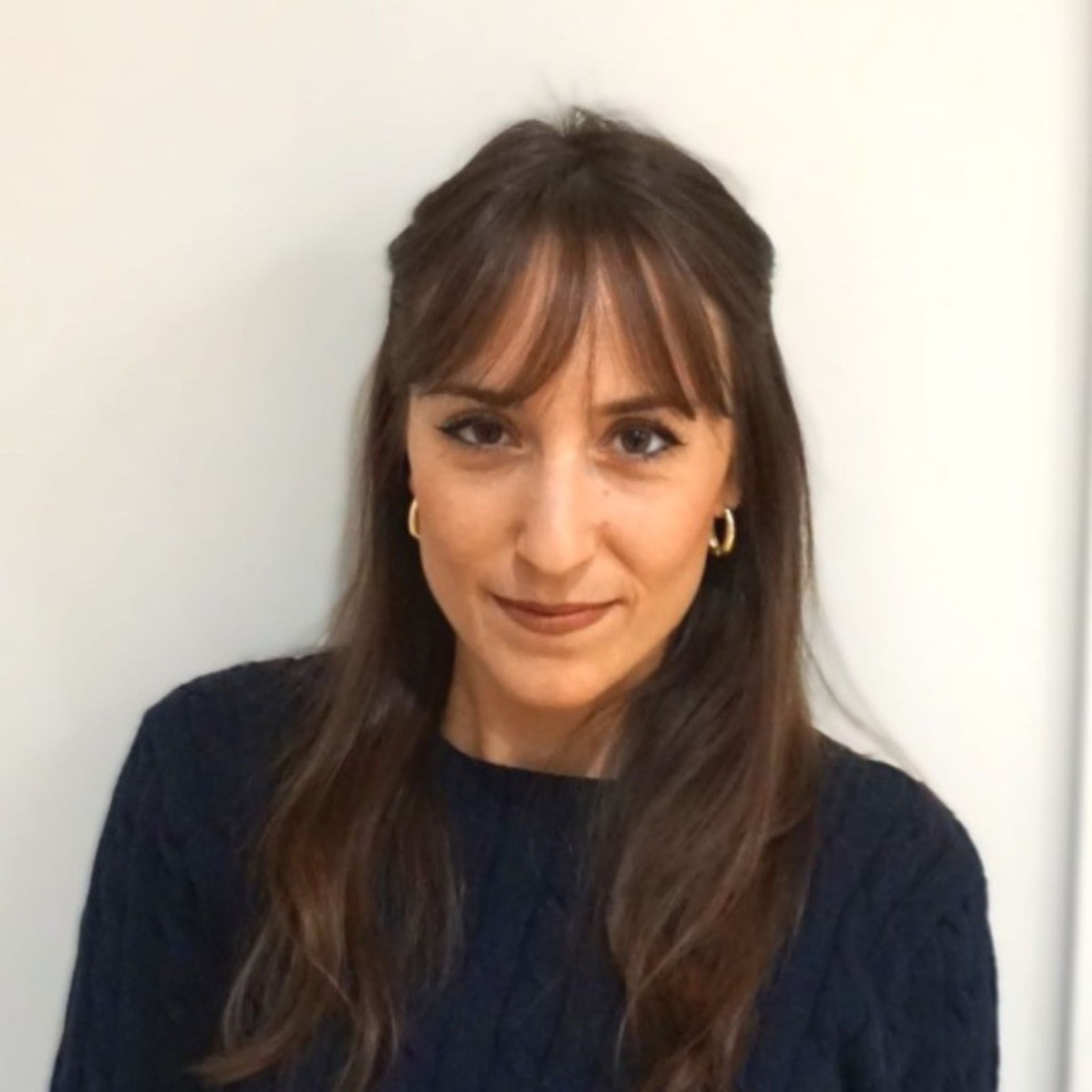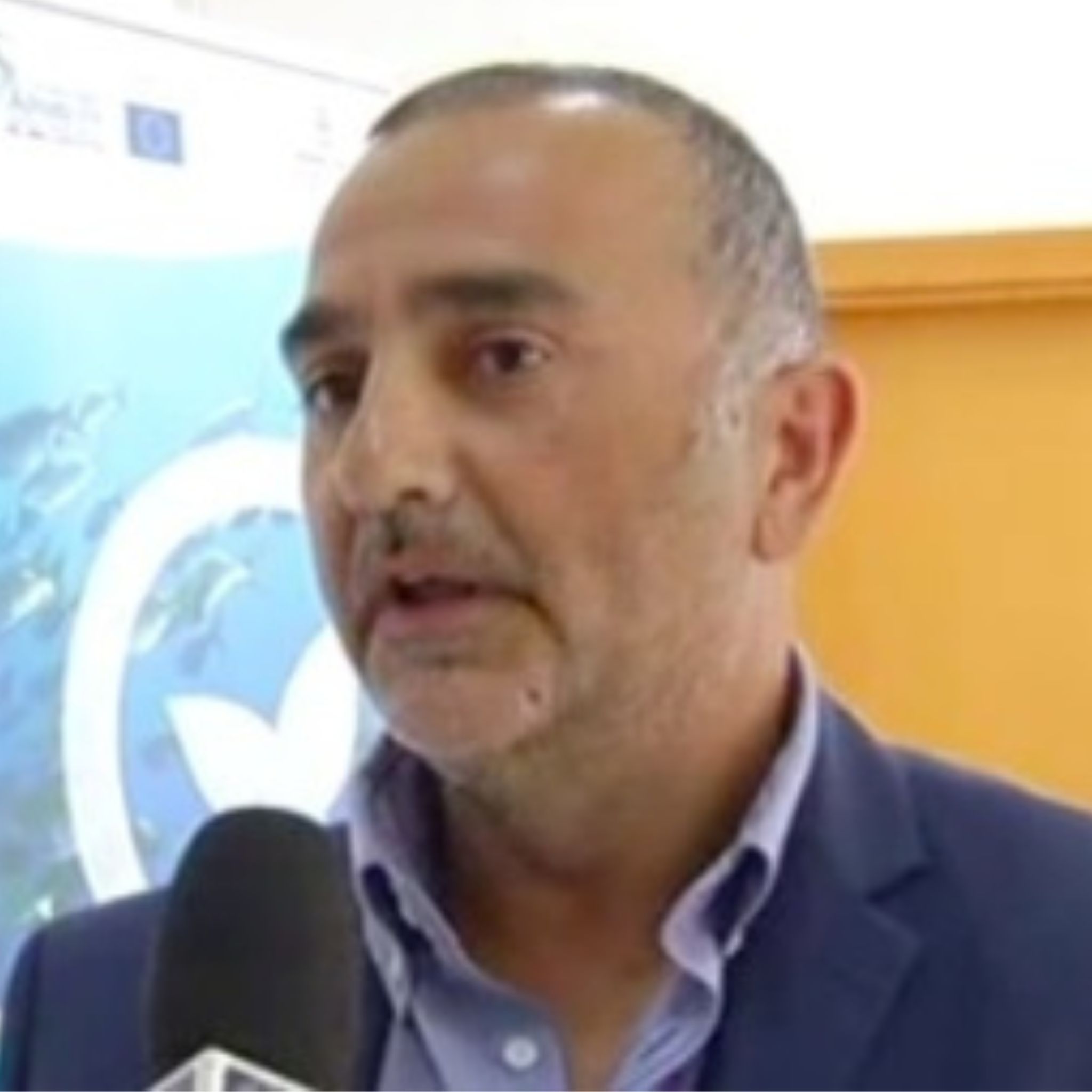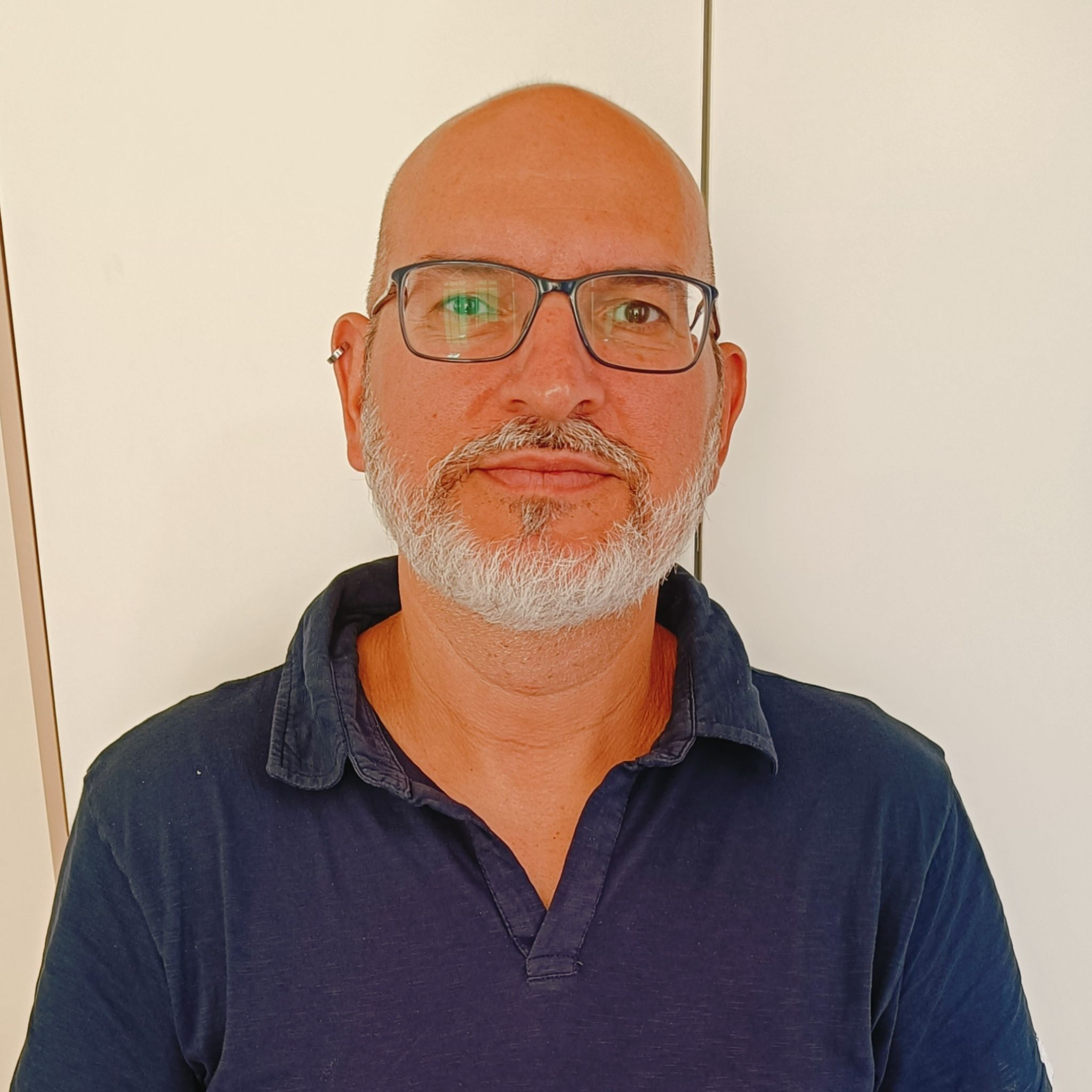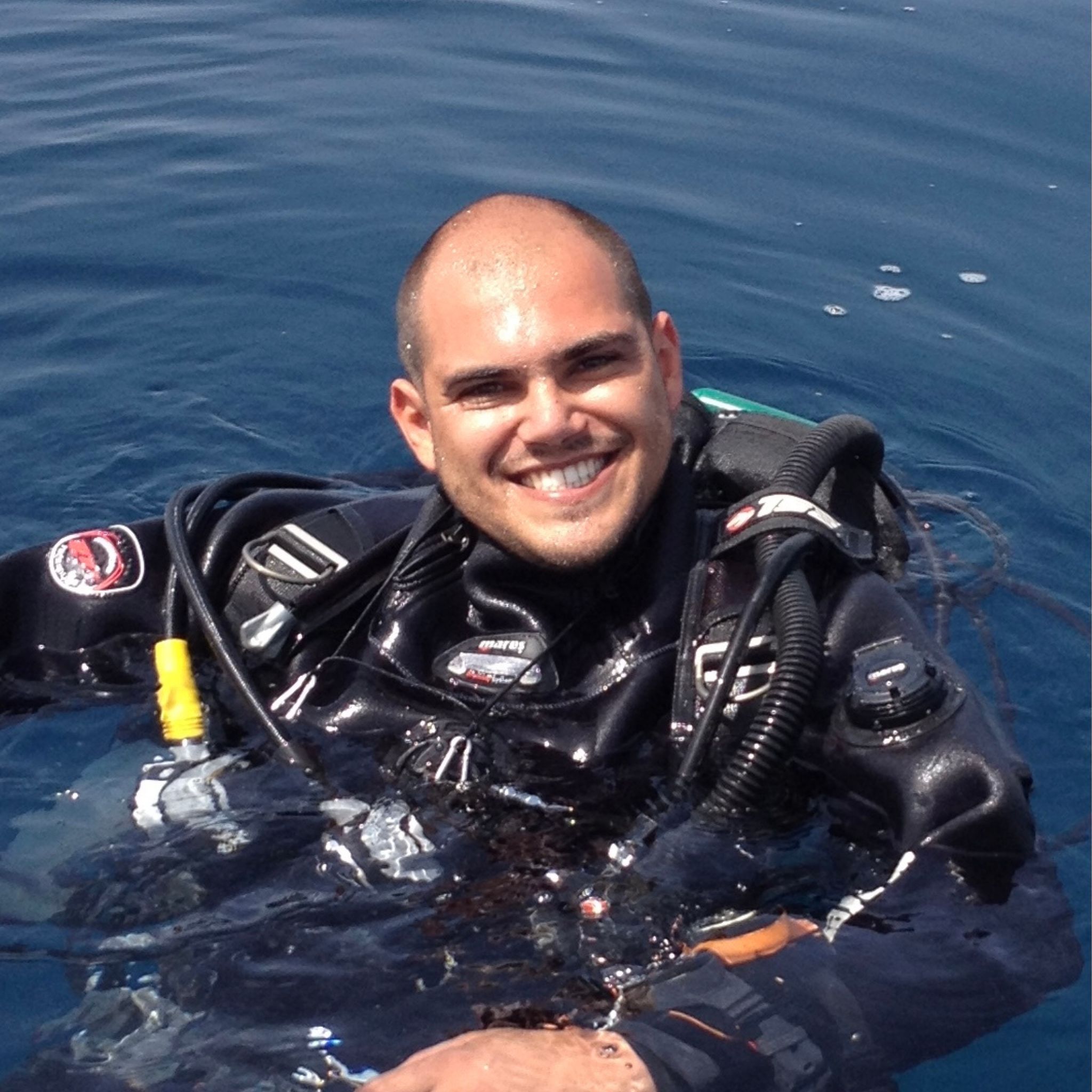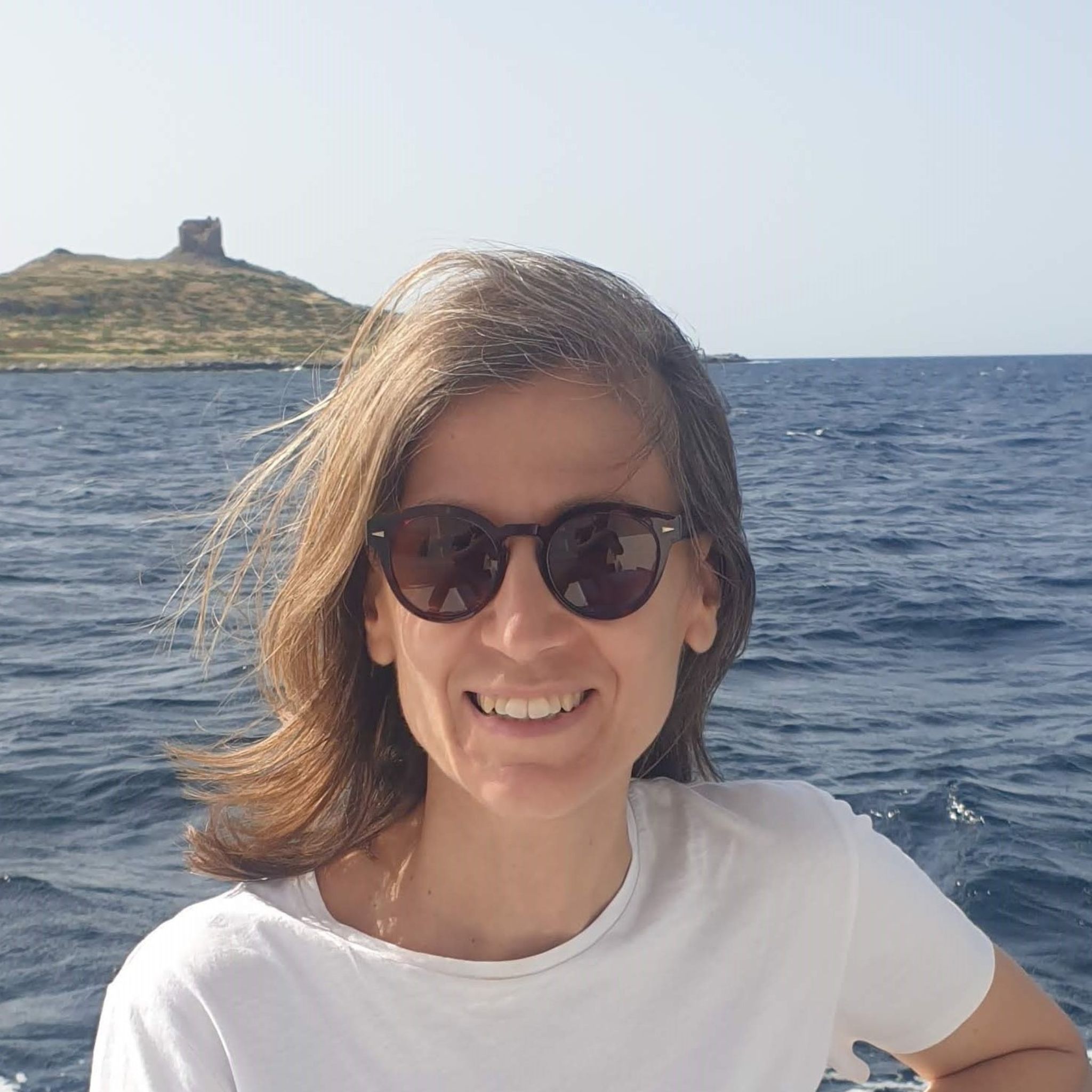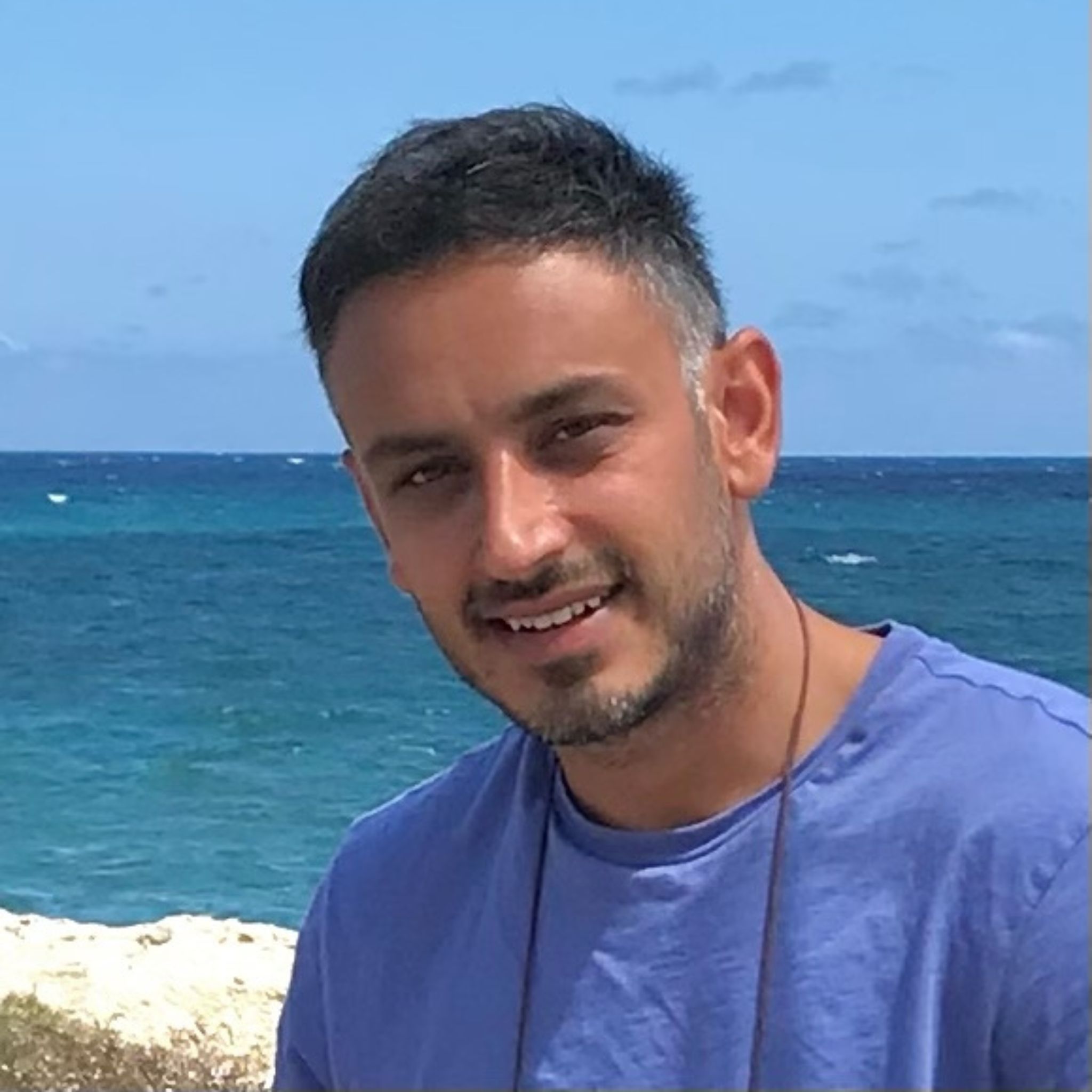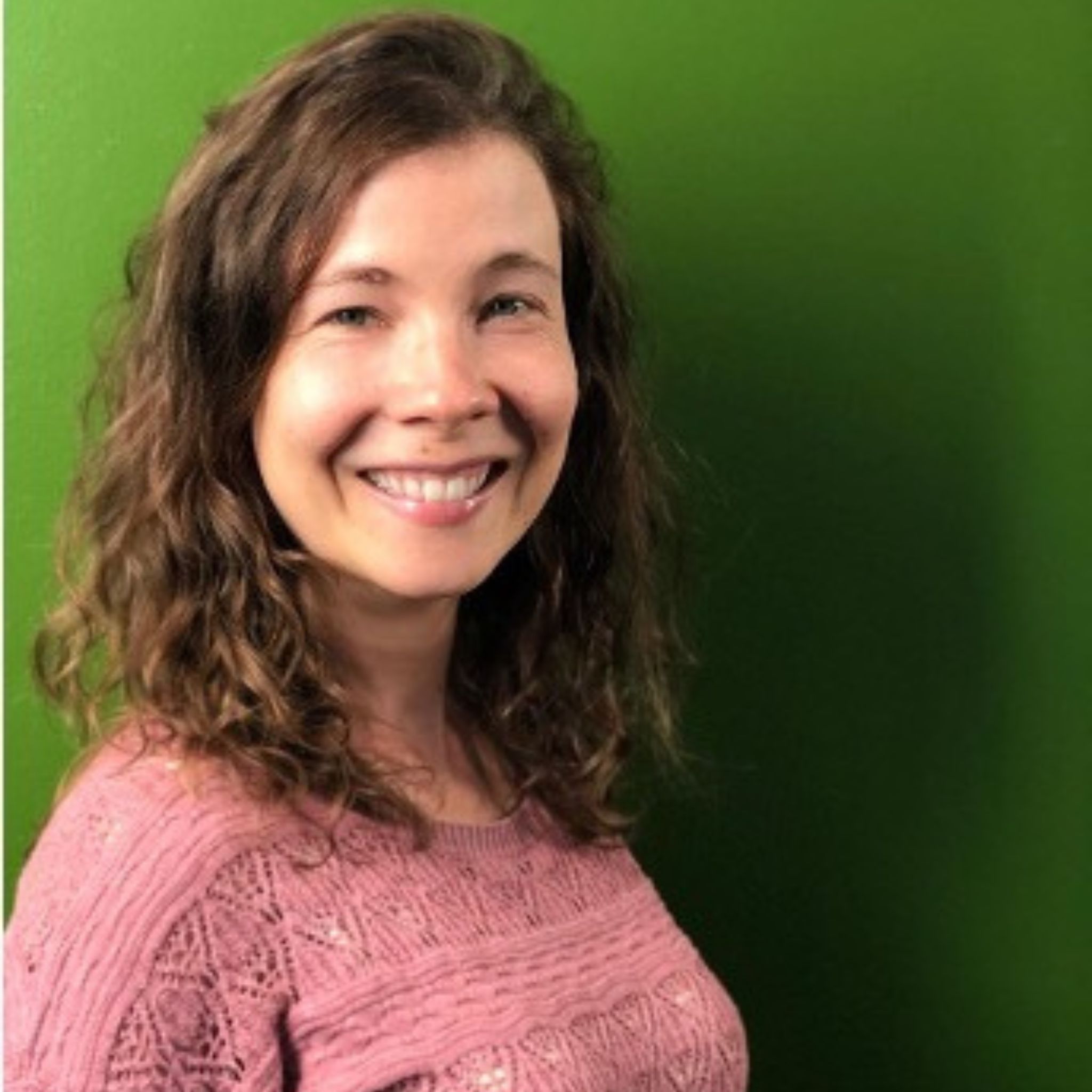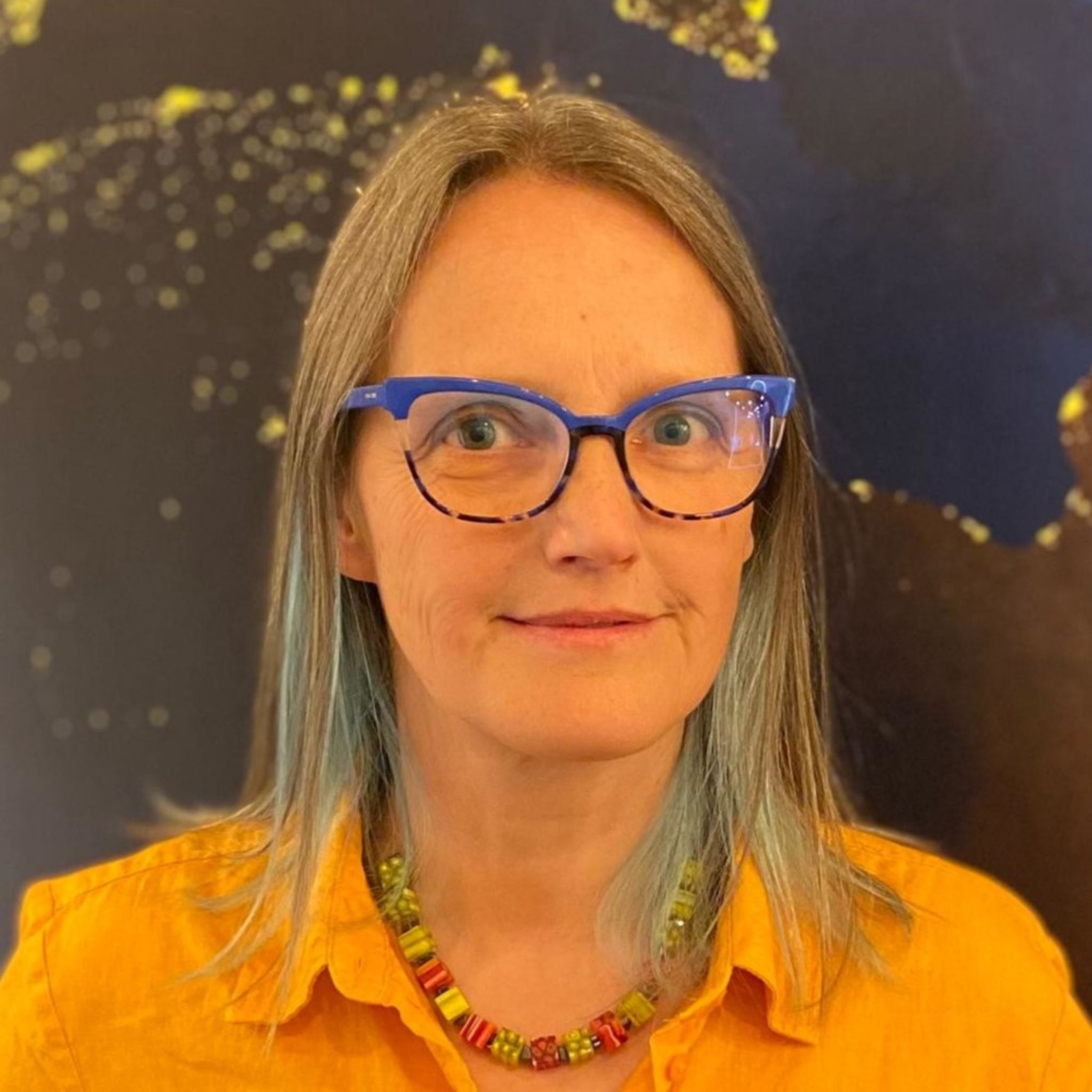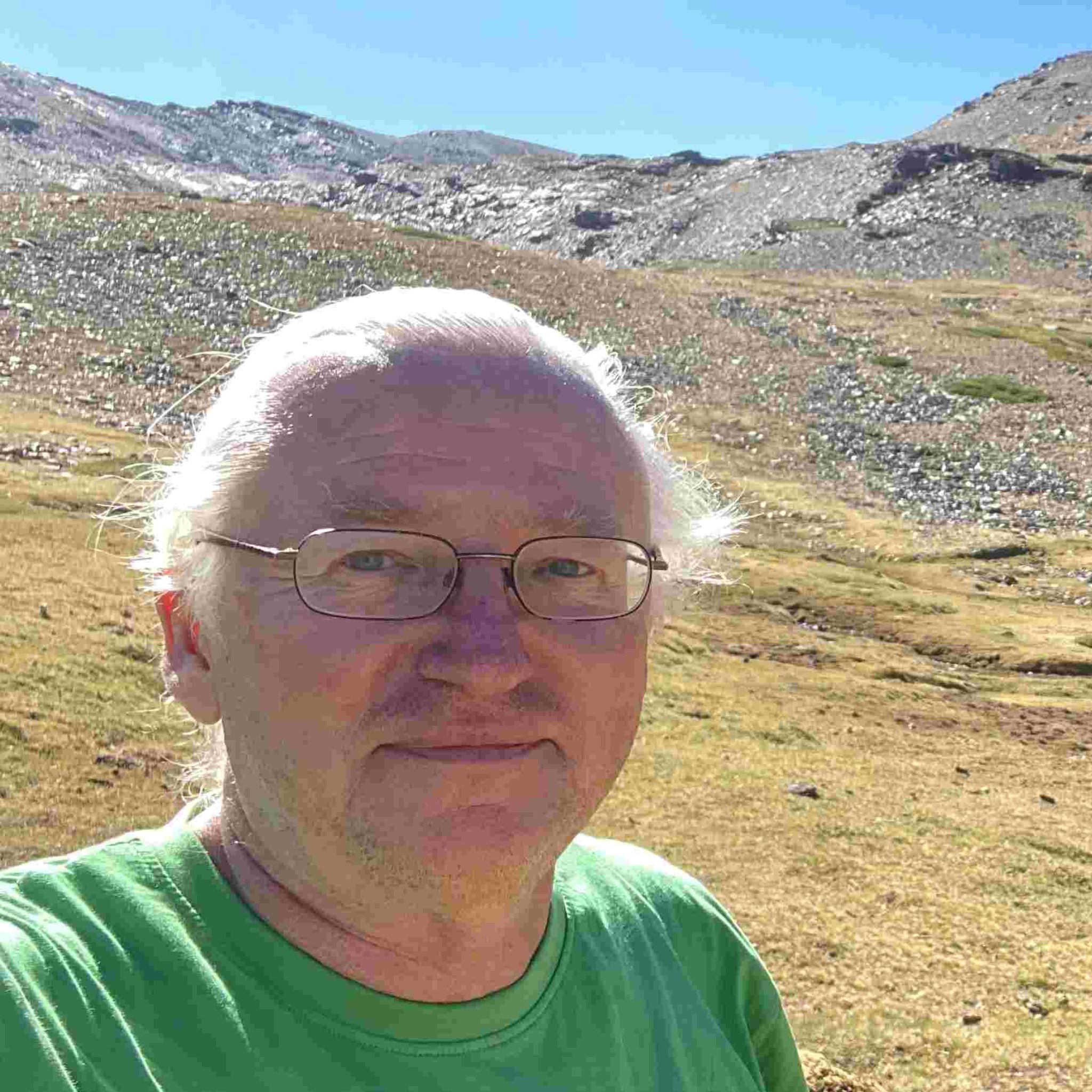Martina Perez, PhD in Environmental Biology from Sapienza University of Rome, is a researcher at ISPRA (Italian Institute for Environmental Protection and Research), within the Habitat Monitoring Group of the Biodiversity Department. Her research focuses on the effects of climate change on vegetation, particularly aridity, through the integrated analysis of climatic and remote sensing data across spatial scales. She is currently involved in the assessment of climate anomalies on habitats in Italian national parks within the DIGITAP project (PNRR).
Nicola Ungaro
Biologist and Environmental Manager at the Agency for the Protection of the Environment of the Puglia Region, Dr Nicola Emanuele Ungaro still holds the position of Director of the “Natural Environments” Operational Unit including the “Regional Sea Center”. From 07/15/2019 to 03/31/2020 he held the position of Technical-Scientific Director of the Environmental Protection Agency of the Basilicata Region and from 02/01/2017 to 07/14/2019 he held the position of Acting Scientific Director of ARPA Puglia.
As Director of the “Natural Environments” Unit, he carries out activities on Marine Biology, Biodiversity, Water Monitoring, Environmental Reporting, Environmental Assessments (EIA/SEA). Many years of work experience (over thirty years) allowed Dr Ungaro to acquire a considerable technical expertise in the above-mentioned fields. The
Mediterranean, and in particular the Adriatic and Ionian seas, have been the most studied basins. These activities have in most cases been developed within more than eighty regional, national and international projects, in which Dr Ungaro has often taken on the role of Coordinator or technical-scientific contact person.
The experience acquired on the aforementioned topics is certified by a significant technical-scientific production (more than 350 documents), with the publication in national and international journals and the drafting of notes, informative texts, technical reports and books, as well as participation in many technical meetings and/or thematic working groups, and in more than one hundred congresses, conventions and seminars (for the latter three types often as a speaker). In consideration of his particular experience, Dr Nicola Emanuele Ungaro was also entrusted with teaching activities in university courses and masters as well as training and refresher courses on environmental topics.
Enrico Barbone
Enrico Barbone is a naturalist working at the Regional Agency for Environmental Prevention and Protection of Puglia (ARPA Puglia), where he is Environmental Manager on Marine Monitoring activities under the main European directives for the protection of the marine environment. After graduating in Natural Sciences from the University of Bari, he obtained a PhD in Ecology from the University of Salento.
In his previous activities, he was a researcher at the University of Salento, he worked for the Joint Research Centre of the European Commission on the implementation of the Marine Strategy, and he was a consultant for the United Nations Environmental Program on IMAP monitoring programmes.
Salvatore Causio
Salvatore holds an M.Sc. in Coastal and Marine Biology and Ecology and a Ph.D. from the University of Salento, where he specialised in coastal dynamics, focusing on wave-current interactions and extreme events. He joined CMCC in 2016, gaining expertise in numerical modelling of waves and circulation. Currently, he leads the Advanced Coastal Ocean Modelling and Application Research Unit at CMCC and serves as Principal Investigator for wave modelling in the GOCO division.
His research integrates AI with numerical models through hybrid modelling approaches, develops high-resolution coastal models on unstructured grids, and investigates abiotic factors for ecosystem impacts and nature-based
solutions. Salvatore is scientific lead in multiple European and national projects.
Emiliano Mori
Emiliano Mori graduated with honours in Biodiversity and Evolution in 2009 from the University of Pisa. His thesis focused on the genetic structure and phylogeography of the black francolin. During this period, he developed a strong interest in conservation biology, particularly in biological invasions. While attending a Master’s program in Animal Biodiversity Conservation at “La Sapienza” University in Rome, he worked on alien species in a wetland in central Italy. At the same time, he won a PhD position in Evolutionary Biology at the University of Siena. His doctoral research focused on the spatial ecology of the crested porcupine Hystrix cristata. Throughout the PhD, he also led several research projects on invasive parakeet populations in Italy, the impact of domestic cats on native wildlife, and broader issues related to introduced species, including domestic animals. From late 2013 to 2016, he held a postdoctoral research position at the University of Turin, where he contributed to eradication and control projects targeting grey squirrels and coypus. Since 2013, he has also been a member of the Management Committee for the COST Action “ParrotNet.” As part of this network, he participated in studies on alien parrot parasites in Europe and their potential for spillback and spillover to native species. He received a Short-Term Scientific Mission (STSM) grant to train in parasite identification at the Natural History Museum in London. In 2017, he worked on a project funded by the National Academy of the Lincei on alien Siberian squirrels in Italy. This included investigating spillover and spillback risks to native rodents and humans, particularly concerning zoonoses such as Lyme disease. From 2018 to 2020, he conducted research on wild boar management under a fellowship at the University of Siena. In 2020, he obtained a permanent research position at the National Research Council (CNR-IRET) in Sesto Fiorentino. Since 2023, he has held the role of Senior Researcher. His recent work includes the ecology of the Eurasian beaver in Italy, urban wildlife adaptation, firefly and grasshopper taxonomy, and ongoing research into biological invasions.
Salvatrice Vizzini
Salvatrice Vizzini, PhD in Animal Biology, is Full Professor of Ecology at the University of Palermo, Department of Earth and Marine Sciences. Her scientific interests are in the ecology of coastal marine environments. She has had scientific responsibility in a number of European and national projects, focusing on trophic functioning, pollution, effects of anthropic activities and climate change, blue carbon ecosystems and sustainable aquaculture. She is author of more than 140 publications in international ISI/Scopus journals.
Milad Shokri
Milad Shokri is a researcher in ecology at the University of Salento, with expertise in metabolic and behavioural ecology. His research centers on adaptive responses to climate change, with a particular focus on metabolic plasticity and its role in shaping the foraging strategies of ectotherms. Within this theme, he combines experimental and broad-scale ecological approaches to link fine-scale mechanisms with those emerging at larger ecological scales.
Franziska Schrodt
Franziska Schrodt is a Professor of Earth System Science at the University of Nottingham, UK. Her interdisciplinary research bridges ecology, statistical modelling, and AI to understand biodiversity patterns and ecosystem processes under global change. She leads interdisciplinary projects spanning causal inference in bio- and geodiversity dynamics, trait-based approaches to ecological forecasting, and the integration of environmental and financial data to support nature-positive strategies.
Edyta Wozniak
Edyta Wozniak, PhD in Earth Sciences, is a Professor and Deputy Director for Scientific Affairs at the Space Research Centre of the Polish Academy of Sciences. She is a specialist in remote sensing and geomatics with over 20 years of experience in satellite optical and radar image processing, classification, and interpretation, as well as GIS modelling. Her research focuses on environmental monitoring and the assessment of ecosystem services. She is the author of more than 40 papers published in ISI-indexed journals.
Carl Beierkuhnlein
Diploma in Geoecology in 1989, Research Scientist NGO Friends of the Earth until 1991, Freelancer in Nature Conservation until 1994, PhD in 1994, Habilitation in Biogeography in 1999, Associate Professor for Landscape Ecology at University of Rostock (D) from 1999 to 2002, Since 2002 Full Professor (Chair) for Biogeography at University of Bayreuth (D), Since 2025 Guest Scientist at University of Granada (ES). Research: Oceanic Islands, Springs, Grasslands, Vector-Borne Diseases, Geodiversity.
